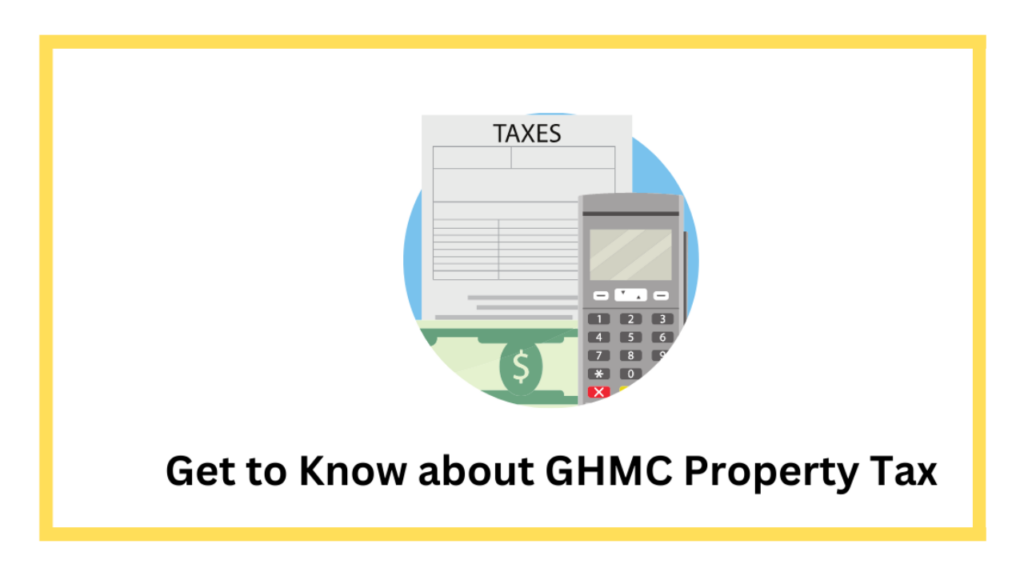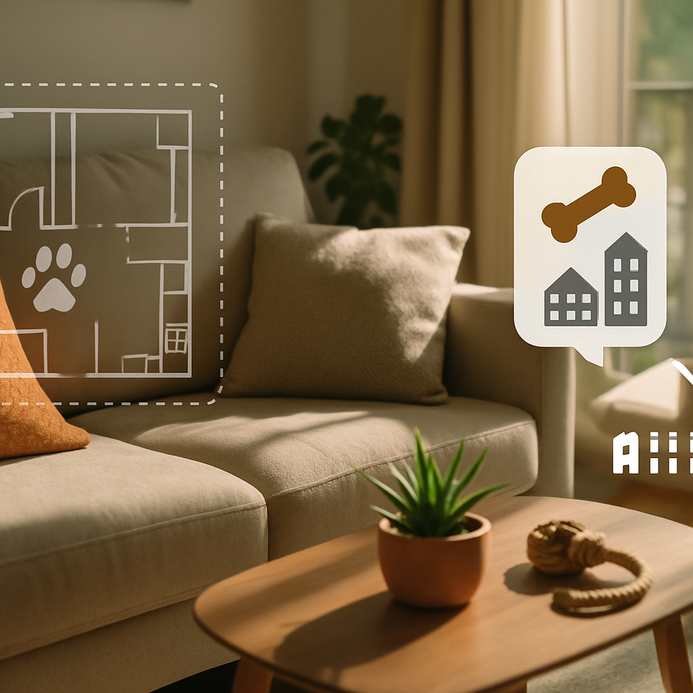The Truth About HOA Fees: What You’re Really Paying For
Congratulations on taking the exciting step towards purchasing a home! Welcome to the labyrinth of real estate finances! If you’ve ever dipped your toe into the world of homeownership or property investment, you’ve likely encountered two terms that often stir up confusion and concern: property taxes and HOA fees. In this article, we’re going to demystify these financial components of real estate, particularly in the context of Hyderabad’s bustling market. So, buckle up as we embark on this enlightening journey through the intricacies of property ownership in the City of Pearls. Purchasing a home involves more than just the mortgage, taxes, and insurance. Homeowners Association (HOA) fees play a significant role, especially in condominium developments, townhome complexes, and gated communities.
- 1 Understanding HOA: Exploring the Role and Function
- 2 Deciphering HOA Fees: What They Include and How They’re Calculated
- 3 Benefits of HOAs: Amenities, Maintenance, and Community Services
- 4 GHMC Property Tax: A Guide to Property Taxation in Hyderabad
- 5 Telangana Property Tax: Taxation Policies and Regulations
- 6 Budgeting for Homeownership: Incorporating Property Taxes and HOA Fees
- 7 Managing Your Finances: Strategies for Dealing with Property-Related Expenses
- 8 Conclusion: Empowering Homebuyers with Financial Knowledge in Hyderabad’s Real Estate Market
Understanding HOA: Exploring the Role and Function
Imagine you’ve found your dream home in a cozy gated community, or perhaps you’re eyeing that chic apartment in the heart of the city. Amidst the excitement of envisioning your future abode, it’s crucial to understand the financial responsibilities that come with it. HOA, or Homeowners Association, is like the silent conductor orchestrating the symphony of community living, as if it’s an invisible guardian. Picture this: manicured lawns, pristine common areas, and harmonious architectural aesthetics – all thanks to the diligent efforts of the HOA.

- Primary Function: It is to maintain order, uphold property values, and foster a sense of community cohesion. It’s a legal entity (mini government of neighbourhood) that manages a community of shared ownership properties, like condominiums, townhomes, hallways, landscaping, parks, clubhouses, pools, gyms or planned communities.
- Membership: When you buy a property within an HOA community, you automatically become a member. Think of it as joining an exclusive club with certain rules and privileges.
- Rules and Regulations: HOAs enforce rules known as covenants, conditions, and restrictions (CC&Rs). These guidelines cover everything from architectural standards to pet policies. Violations can result in fines or legal action, to ensure order and sense of uniformity.
- Fees: HOA fees are monthly dues paid by homeowners. These fees contribute to the maintenance, improvement, and provision of amenities within the community.
Deciphering HOA Fees: What They Include and How They’re Calculated
Ah, the infamous HOA fees – often shrouded in mystery and subject to occasional grumbling from homeowners. But fear not, for we’re about to lift the veil on this enigmatic aspect of homeownership. HOA fees typically cover a gamut of services, ranging from landscaping and trash removal to amenities like swimming pools and gym facilities. As for calculation, it varies from one community to another, influenced by factors such as the size of the property and the array of services provided. HOA fees are like the community’s subscription service. Here’s what they typically cover:

- Basic Upkeep: Maintenance of common areas (lawns, parks, walking paths) including snow removal and driveway plowing; and building exterior upkeep (siding, roof, gutters).
- Building Maintenance: Exterior maintenance for townhomes, condominiums, shared walls and roofs. Amenities and Services: Swimming pools, gyms, and clubhouses and water/sewer fees and garbage disposal. Reserve Fund: Set aside for major repairs or emergencies and special assessments for unexpected expenses. Administrative costs: Salaries of HOA staff, legal and accounting fees; other administrative expenses.
Benefits of HOAs: Amenities, Maintenance, and Community Services

While HOA fees may seem like an extra cost, there are also several advantages to living in a community managed by an HOA. Many HOAs offer a variety of amenities that would be too expensive for individual homeowners to maintain on their own, such as swimming pools, fitness centers, clubhouses, and playgrounds. HOAs take care of the exterior maintenance of your property, freeing you up from the time and hassle of mowing the lawn, shovelling snow, or fixing leaky faucets in common areas. Some HOAs also organize social events and activities, which can be a great way to meet your neighbours and build a sense of community. Before you dismiss HOAs as mere financial burdens, consider the myriad benefits they offer.
GHMC Property Tax: A Guide to Property Taxation in Hyderabad

Now, let’s shift our focus to the other side of the financial spectrum: property taxes. In Hyderabad, property taxation falls under the purview of Greater Hyderabad Municipal Corporation (GHMC). This governing body levies taxes based on the property’s assessed value, which in turn contributes to funding essential civic amenities and infrastructure projects across the city. GHMC offers online and offline payment options. You can pay through Mee-Seva Centres, Citizen Service Centres, NEFT, RTGS, and bank branches. GHMC fixes a monthly rental value for commercial properties based on location, usage, type, and construction.
Telangana introduced a scheme offering a 90% rebate on accumulated interest for property tax arrears. To avail this benefit, taxpayers must clear the principal amount for the current fiscal year along with 10% of the interest on accumulated arrears in a single payment.
Telangana Property Tax: Taxation Policies and Regulations

Beyond GHMC, the state of Telangana imposes its own set of property taxation policies and regulations. Understanding the intricacies of Telangana’s property tax regime is paramount for homeowners seeking to navigate the fiscal landscape with confidence.
Measure the Plinth Area (PA): The total built-up area of your property, including covered areas, garages and balconies. Find the Current Rent-Per-Square-Foot (MRV): You can use the value stated in your rental agreement. Calculate the Residential Property Tax using the following formula:
Annual Property Tax = PA × MRV × 12 × (0.17 – 0.30) – 10% depreciation + 8% library cess
The range (0.17 – 0.30) accounts for variations in the monthly rental value.
Remember that property tax rates and regulations may vary based on the location within Telangana. It’s advisable to check the GHMC guidelines specific to your area for accurate calculations. For more precise calculations, you can also use the GHMC Property Tax Calculator.
Budgeting for Homeownership: Incorporating Property Taxes and HOA Fees

Ah, the art of budgeting – a skill every homeowner must master. When crafting your financial plan, it’s crucial to factor in not only mortgage payments but also property taxes and HOA fees. By allocating funds wisely and accounting for these recurring expenses, you can ensure a smoother homeownership journey devoid of unpleasant financial surprises. Research property tax rates using information on the website of your local tax assessor’s office. Ask the HOA fees, or find this information in the HOA’s governing documents. Once you know the estimated property taxes and HOA fees, factor them into your monthly housing budget. This will help you ensure that you can afford the ongoing costs of homeownership.

So, how do you keep your financial ship afloat amidst the turbulent waters of property-related expenses? Start by creating a dedicated sinking fund earmarked for taxes, fees, and maintenance costs. Additionally, explore avenues for potential savings, such as opting for energy-efficient upgrades or negotiating with your HOA for favourable fee structures. Property taxes and HOA fees are just two of the many expenses associated with homeownership. For managing your finances effectively, you can set up an escrow account. An escrow account is a special account held by your mortgage lender where they collect a portion of your monthly payment to cover property taxes and homeowners insurance. This can help you avoid having to come up with large sums of money all at once.
Conclusion: Empowering Homebuyers with Financial Knowledge in Hyderabad’s Real Estate Market

Whether you’re a first-time homebuyer or a seasoned investor, financial literacy is your superpower! Congratulations! You’ve successfully navigated the maze of property taxes and HOA fees, emerging with newfound financial acumen. Armed with this knowledge, you’re better equipped to embark on your homeownership journey with confidence, particularly in Hyderabad’s dynamic real estate market.
Also check out our projects ASBL Spire, ASBL Springs, ASBL Spectra and the newest ASBL Loft













